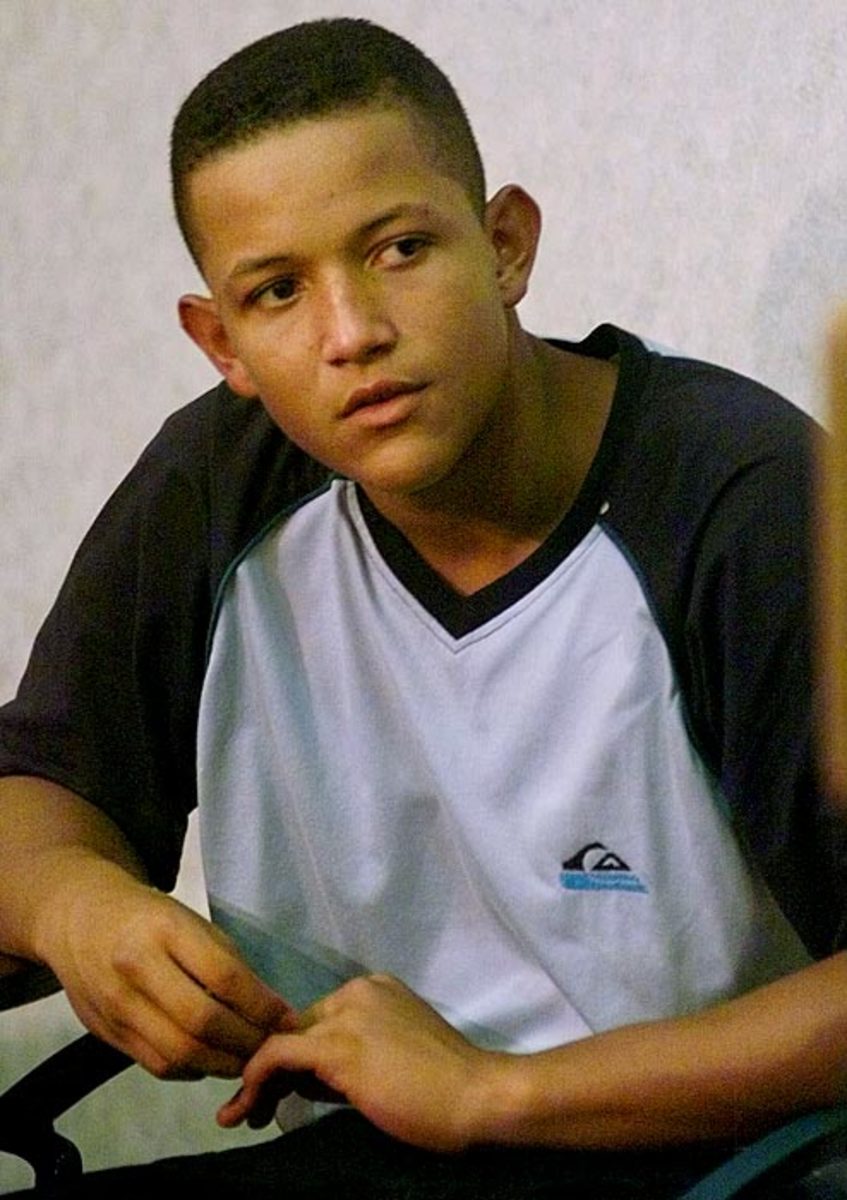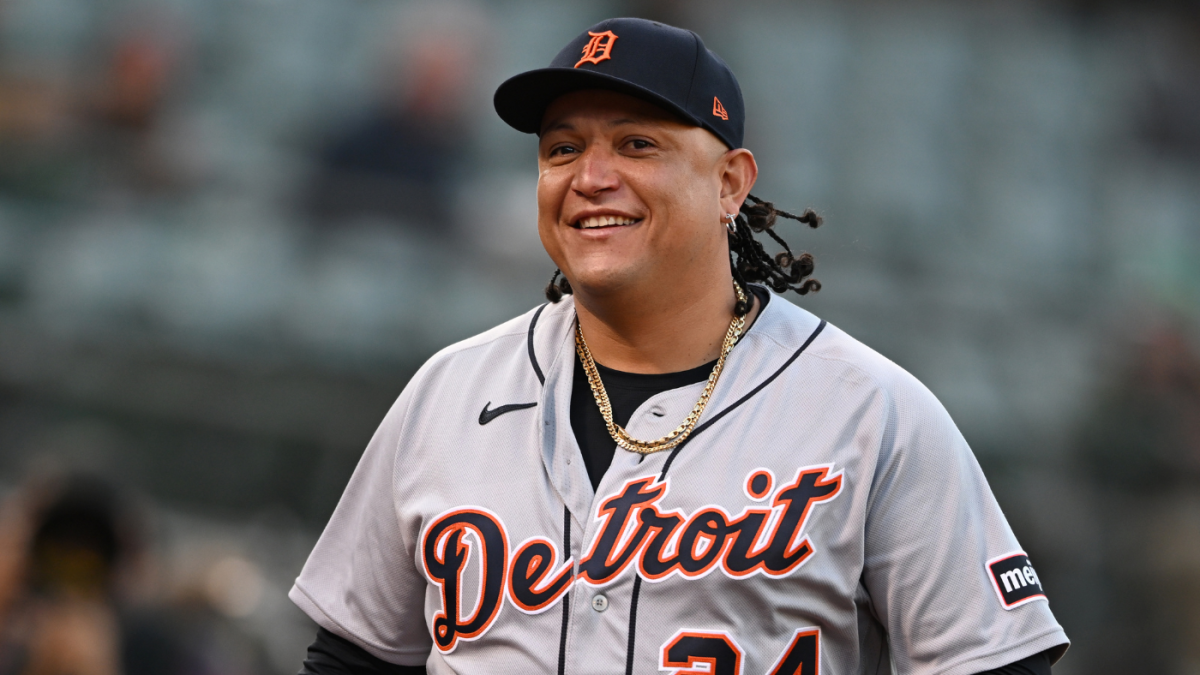
Miguel Cabrera, affectionately known as “Miggy,” is celebrated as one of the greatest hitters in baseball history, but his path to becoming a Detroit Tigers legend was fraught with challenges both on and off the field. From early controversies to career-threatening injuries, Cabrera’s journey is a testament to resilience, talent, and redemption. His remarkable achievements—500 home runs, 3,000 hits, a Triple Crown, and two MVP awards—were earned through perseverance and an unwavering love for the game.
Cabrera’s career began with a bang in 2003, debuting with the Florida Marlins at just 20 years old. His walk-off home run in his first MLB game signaled the arrival of a prodigy, and he helped the Marlins win the World Series that year. However, when he was traded to the Detroit Tigers in 2007 for a package of prospects, expectations were sky-high. The Tigers signed him to an eight-year, $152.3 million contract, one of the richest in baseball at the time. Yet, his early years in Detroit were marred by scrutiny.
In 2009, Cabrera faced a public relations nightmare. A domestic disturbance incident with his wife, coupled with alcohol-related issues, drew heavy criticism. His hitless performance in the Tigers’ final games of the season, as they missed the playoffs, led to questions about his maturity and leadership. Fans and media labeled him a disappointment, with some calling him overpaid and unreliable. Cabrera later entered alcohol treatment, a pivotal step toward personal redemption.
On the field, Cabrera silenced doubters with his bat. In 2008, his first season with Detroit, he led the American League with 37 home runs, proving his power was no fluke. By 2011, he claimed his first of four AL batting titles with a .344 average. His crowning achievement came in 2012, when he became the first player since 1967 to win the Triple Crown, leading the AL with a .330 average, 44 home runs, and 139 RBIs. That year, he also earned his first of two consecutive AL MVP awards, cementing his status as a superstar.

However, physical challenges loomed large. In 2012, Cabrera suffered a fractured orbital bone during spring training after a ground ball struck his face. He returned for Opening Day, showcasing his toughness. Later, chronic injuries plagued him. A ruptured biceps tendon in 2018 limited him to 38 games, and knee issues in 2019 threatened to derail his pursuit of milestones. Cabrera admitted the pain was a constant frustration, saying, “Playing with those pains and enduring them was one of the great frustrations of my career.” Yet, he battled through, achieving 500 home runs in 2021 and 3,000 hits in 2022, joining legends Hank Aaron and Willie Mays as one of only three players with a .300 average, 500 homers, and 3,000 hits.
Off the field, Cabrera’s philanthropy helped rebuild his image. He founded the Miguel Cabrera Foundation in 2012, raising over $200,000 annually for children’s hospitals and youth baseball programs. His “Miggy Ball” events and scholarship fund for first-generation college students endeared him to Detroit’s community. Fans who once booed him began chanting his name, especially during his emotional farewell in 2023, when he retired with 3,174 hits, 511 home runs, and a .306 career average.

Cabrera’s legacy transcends statistics. He played with joy, often smiling through slumps, and mentored younger players like Spencer Torkelson. His manager, Jim Leyland, praised his ability to elevate teammates, saying, “He knew how to use my ability and handle me.” Despite never winning a championship with Detroit, Cabrera expressed pride in being part of the city, stating, “I feel like I’m a part of this city. I love Detroit.”
From a “despised” figure to a first-ballot Hall of Fame lock, Cabrera’s journey reflects the power of redemption and resilience. His 21-year career, marked by 12 All-Star selections, seven Silver Sluggers, and a World Series title, stands as a beacon for aspiring players. As he transitions to a special assistant role with the Tigers, Cabrera’s influence will continue to shape the franchise, ensuring his legend lives on in Detroit and beyond.